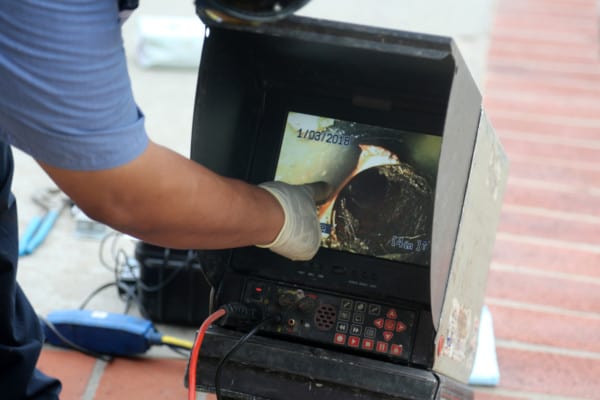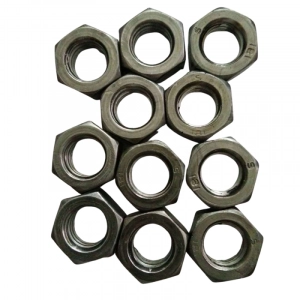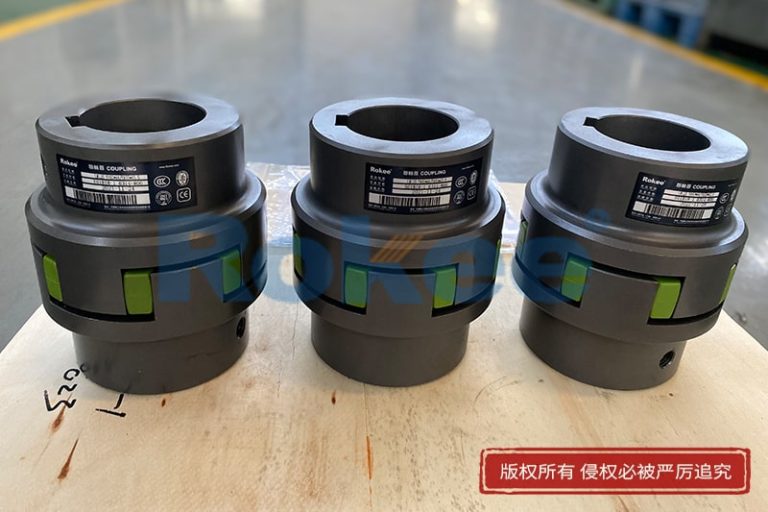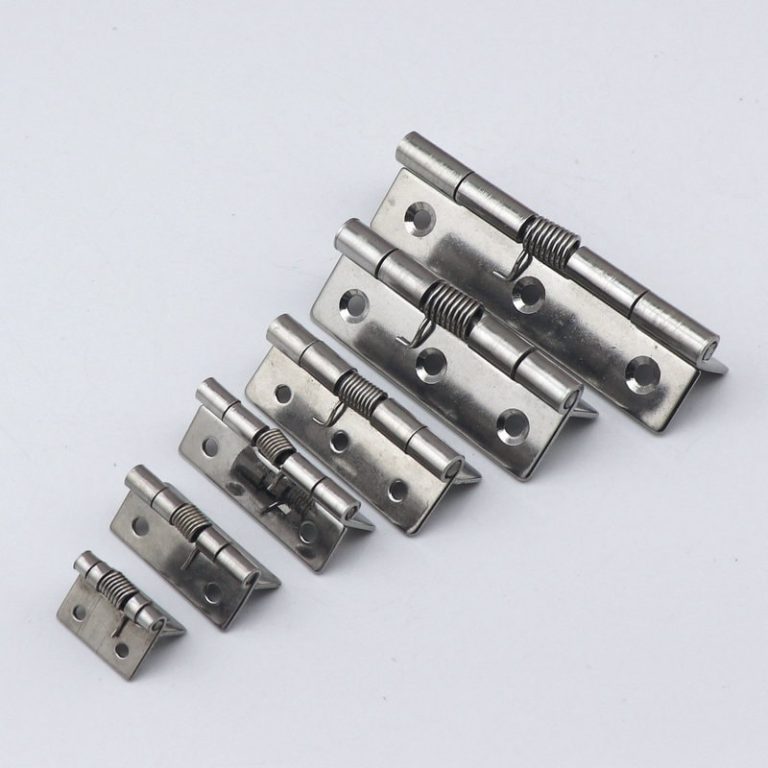The Repair and Maintenance Industry
Personal Protective Equipment
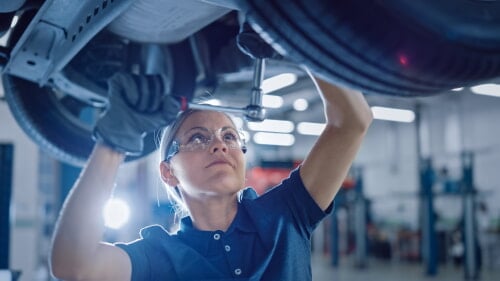
The Repair and Maintenance Industry
If you drive a car or truck, you can expect to take it in for preventative maintenance and repair. Most people take their vehicles to a professional. However, some can do the work themselves. Regardless, whoever works on vehicles, whether in a professional shop or a home garage, you should have the proper personal protective equipment to protect yourself. Auto mechanics, body shop workers, machine shop workers, and others involved in the automotive industry often work with sharp metal, tools – including those that could cause injury, and chemicals. Having the proper PPE is a must.
Types of Repair Shops
The personal protective equipment you’ll find in the various auto repair shops varies depending on what the shop does. A shop that does full engine repair, including replacement, will require more PPE than a shop that does only oil changes. A body shop requires different PPE than an auto repair shop.
- Mechanical and electrical repair shops provide standard auto repair, including brake repair, electrical system repair, air conditioning and heating repair, coolant system repair, powertrain repair, exhaust and muffler repair, alignments, tires, fuel system repairs and more. Tools range from hand tools such as sockets and wrenches to power tools.
- Body shops repair bodies, interiors, windows, windshields and frames. Body shop workers use air and electric tools to repair car bodies. They also use a variety of hand tools and paint guns.
- Autobody paint shops repair dents and scratches on vehicles. They also repaint whole cars in an enclosed, ventilated paint booth. Autobody paint shops use a variety of hand tools and air and electrical tools, such as sanders.
- While autobody shops and mechanical repair shops often repair and replace glass, there are also shops that do only this.
- Oil change shops mostly change oil, but they could replace air and fuel filters, wiper blades, and cabin air filters.
Work Activities
Work activities may vary from one type of shop to another, but in many cases, the work activities overlap, especially if an auto repair shop does minor bodywork or glass work. Work activities include:
- Using rivet guns.
- Cutting materials, including metal and fiberglass.
- Sanding and grinding.
- Handling body components, which might have sharp edges.
- Inspecting and straightening frames.
- Hammering.
- Removing damaged body parts.
- Buffing and priming.
- Welding.
- Detailing vehicles.
- Adjusting components, such as window regulators.
- Applying urethane sealant to windshield frames.
- Removing rust from windshield frames.
- Working with broken glass.
- Removing bolts and screws.
- Applying adhesive sealers and coatings.
- Mixing ingredients and paints.
- Using paint guns.
- Polishing.
- Removing and replacing parts.
- Engine replacement.
- Engine repair.
- Transmission replacement.
- Transmission repair.
- Removing tires.
- Using a tire machine to remount wheels.
- Turning brake rotors and drums.
Safety
Working in the automotive sector often involves working with sharp metal, tools that have high revolutions per minute, and working with chemicals. Painters work in closed paint booths that have ventilation high above the work area. Fingers can get caught on moving and stationary parts. Workers breathe in chemicals, especially when working with fuel, carburetor cleaner, brake cleaner and other chemicals.
Wearing the appropriate personal protective equipment can significantly reduce injuries. Some of the PPE auto workers use include:
- gloves protect against abrasives, punctures, and chemicals.
- Safety glasses and goggles protect your eyes against flying debris and dust, especially when sanding or welding.
- FR clothingwhen welding or working with fuel tanks and fuel systems.
- Welding clothing
- Ear protection when using air tanks and tools that run on compressed air.
- Head safety.
- Other PPE, including jackets that protect against chemical burns.
Technicians that work outside or in non-air-conditioned buildings need to be mindful of overheating themselves. Abolox carries cooling products that make it safer to work in the heat.
Contact Abolox
Whether you need hand tools for your shop or you need personal protective equipment for your workers, Abolox carries quality products. Browse through our pages to choose the items you need. You can order many of our products in bulk. We carry only known brands and products made of quality materials that meet industry standards.
If you don’t see what you need, contact us, and we will source it for you.
